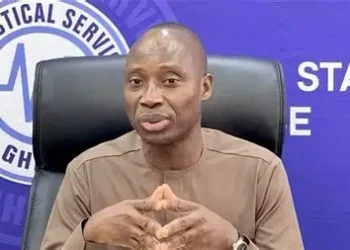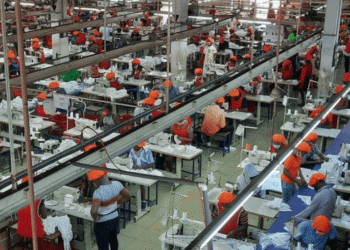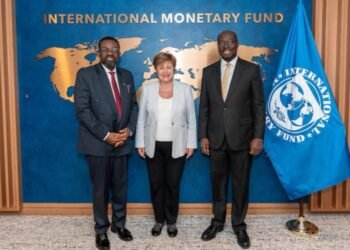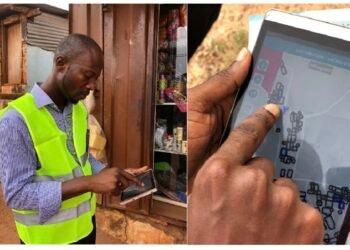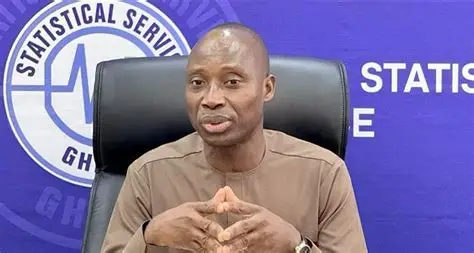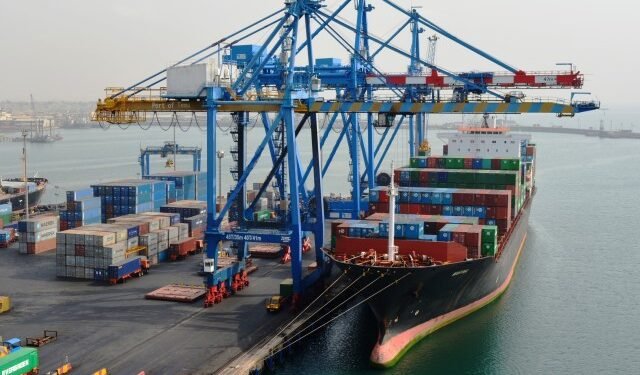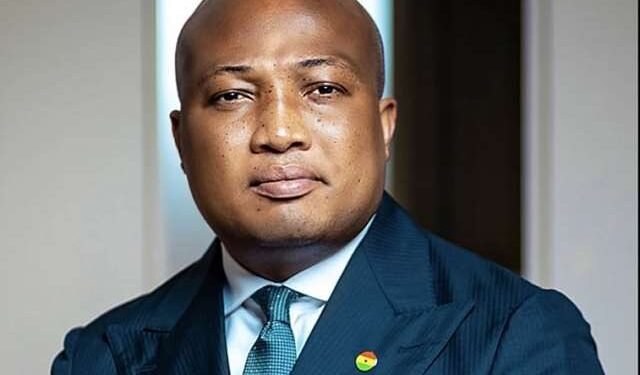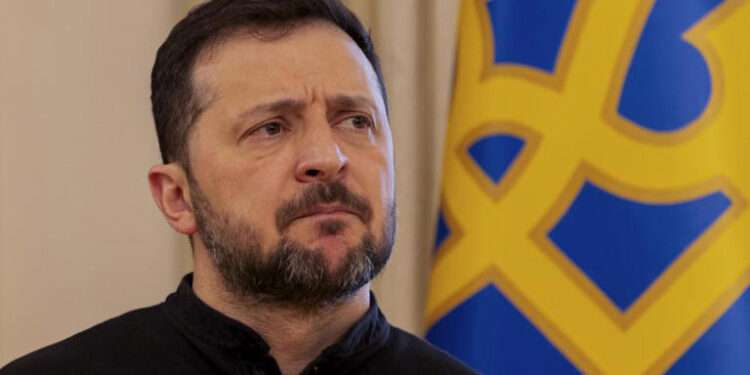The Economist Intelligence Unit (EIU) has projected that Ghana is poised to conclude negotiations with its external creditors in the upcoming weeks to pave the way for the restructuring of its foreign loans.
According to the UK-based organisation in its latest report titled ‘Outlook for Global Sovereign Credit Risk’, Ghana has made significant progress in its negotiations for the external debt restructuring.
Having requested a bilateral debt restructuring under the Common Framework for Debt Treatments supported by the G20 in December 2022, the Ghanaian government took a step further in June this year by sending a non-binding working debt-restructuring proposal to official bilateral creditors.
The EIU noted that this act marks the initiation of a negotiation process that the EIU anticipates will conclude in the coming weeks. It stated that the situation in Ghana was exacerbated by its default in December 2022, prompting the request for bilateral debt restructuring.
Six other nations (Mali, Sri Lanka, Russia, Ukraine, and Belarus) also faced loan defaults in 2022 due to strained public finances and surging interest rates. Among these defaults, three (Russia, Ukraine, and Belarus) were a direct outcome of Russia’s intervention in Ukraine, while the remaining three (Ghana, Sri Lanka, and Mali) were attributed to domestic economic imbalances coupled with a less favorable external environment or policy mismanagement.
The EIU indicated that this year could witness more countries experiencing debt defaults, with a prominent focus on Africa.
It emphasised that African economies have taken advantage of cost-effective international credit before the pandemic, accumulating substantial external debt burdens to support budgets and balance of payments.
Nonetheless, the surge in interest rates led to a significant increase in debt-servicing costs for these nations.
Political Stability to Prevail
Overall, EIU predicted that political stability will prevail under the governance of the ruling party, the New Patriotic Party, led by Nana Addo Dankwa Akufo-Addo. Ghana is undergoing external debt restructuring, which will continue in the near term; external creditor confidence will be underpinned by a three-year US$3bn ECF programme which the IMF approved in May.
Public dissatisfaction about worsening living conditions due to high inflation will spur sporadic unrest. Real GDP growth will slow in 2023 as rising consumer prices and monetary tightening weigh on private consumption and investment and as government spending declines.
In 2027 growth will pick up sharply, driven by an uptick in exports of gold and oil as new projects come on stream.
Meanwhile, Ghana recently asked domestic U.S. dollar bondholders to swap their holdings for two new bonds with lower rates and longer maturities. The West African nation concluded the first phase of its domestic debt exchange in February – with 85% of eligible bondholders participating – but needs new terms for another 123 billion Ghana cedi ($11.18 billion) to qualify for the next tranche of a $3 billion IMF loan to address its worst economic crisis in a generation.
The debt comprises domestic dollar bonds, cocoa bills, local currency bonds owned by pension funds, and debt it owed the central bank and independent power producers.
The country also reached an agreement with banks to restructure 15 billion cedi ($1.36 billion) of locally issued U.S. dollar bonds and cocoa bills.
READ ALSO: Liberia’s President George Weah Hails AfDB’s Interventions, Says It Impacts Liberia




